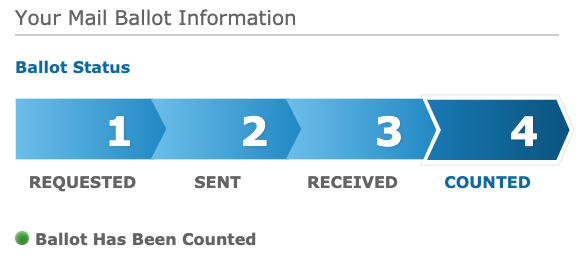Does your drinking alcohol put you at risk? Guidelines for low-risk drinking are based on the average level of consumption that increases the chance of illness, injury, or death. Every human body is different but in general health risks increase at the following levels.
For men:
Excessive drinking is defined as 5 or more drinks in a short period of time, such as a 2-hour period, or
More than 14 drinks in a week.
For women and people 65 and older:
Excessive drinking is defined as 4 or more drinks in a short period of time, such as a 2-hour period, or
